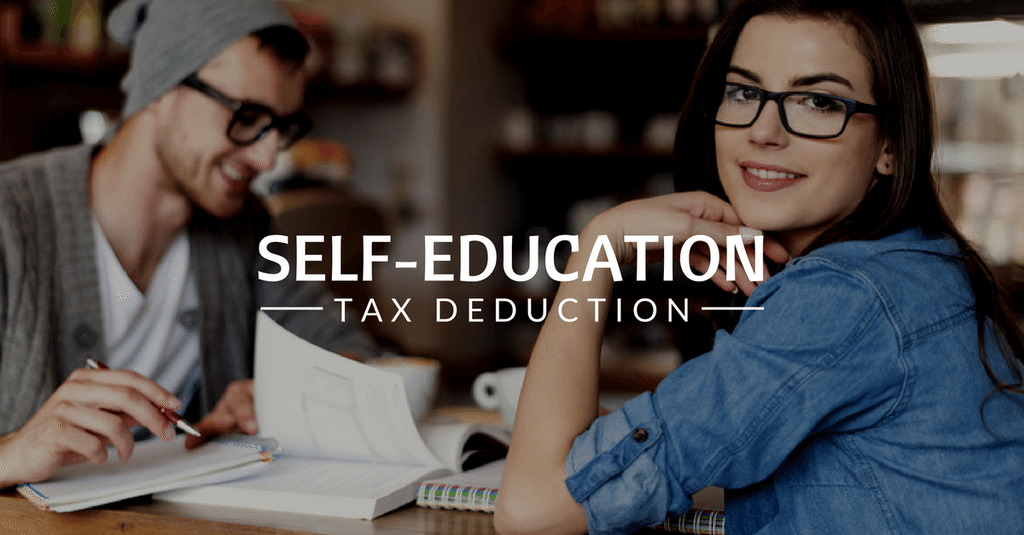Jim Rohn once said "self-education will make you a fortune"
You may be able to claim a deduction for self-education expenses if your study is work-related or if you receive a taxable bonded scholarship.
In this article we will cover followingself-education tax deduction questions:
- Eligibility criteria for self-education tax deduction?
- List of self-education expense which you can be claim?
- Self-education expenses you cannot claim?
- What is $250 reduction?
According to the Australian Tax Office (ATO), 'Self-education' is defined as courses undertaken at an educational institution, attendance at work-related seminars or conferences, or self-paced learning and study tours (overseas or within Australia).
1. Eligibility criteria for self-education tax deduction?
Self-education expenses are deductible when the course you undertake leads to a formal qualification and meets the following conditions.
The course must have a sufficient connection to your current employment and:
- or improve the specific skills or knowledge you require in your current employment, or
- result in, or is likely to result in, an increase in your income from your current employment.
You cannot claim a deduction for self-education expenses for a course that does not have a sufficient connection to your current employment even though it:
- might be generally related to it, or
- enables you to get new employment.
2. List of self-education expense which you can be claim?
You can claim the following expenses in relation to your self-education:
- accommodation and meals (if away from home overnight)
- computer consumables
- course fees
- decline in value for depreciating assets (cost exceeds $300)
- purchase of equipment or technical instruments costing $300 or less
- equipment repairs
- fares
- home office running costs
- interest
- internet usage (excluding connection fees)
- parking fees (only for work-related claims)
- phone calls
- postage
- stationery
- student union fees
- student services and amenities fees
- textbooks
- trade, professional, or academic journals
- travel to-and-from place of education (only for work-related claims).
If an expense is partly for your self-education and partly for other purposes, you can only claim the amount that relates to your self-education as a deduction
3. Self-education expenses you cannot claim?
You cannot claim the following expenses in relation to your self-education:
- repayments of Higher Education Loan Program (HELP) loans
- Student Financial Supplement Scheme (SFSS) repayments
- home office occupancy expenses
- meals (unless sleeping away from home), where not sleeping away from home
4. What is $250 reduction?
Self-education expenses are broken into five categories. If all of your self-education expenses are 'category A' items then you have to reduce your deduction by $250.
However category 'E expenses' can be used to offset the $250.
While you can't claim a deduction for the following expenses, they can be taken into account in determining whether you have to reduce your overall claim.
- childcare
- computer purchase
- fares, travel or car expenses for these journeys:
for work-related self-education, the second leg of a trip if you went from home to your place of education and then to work, or the other way around
if you receive a taxable bonded scholarship and are not employed by the scholarship provider, travel from home to your normal place of education and back.
